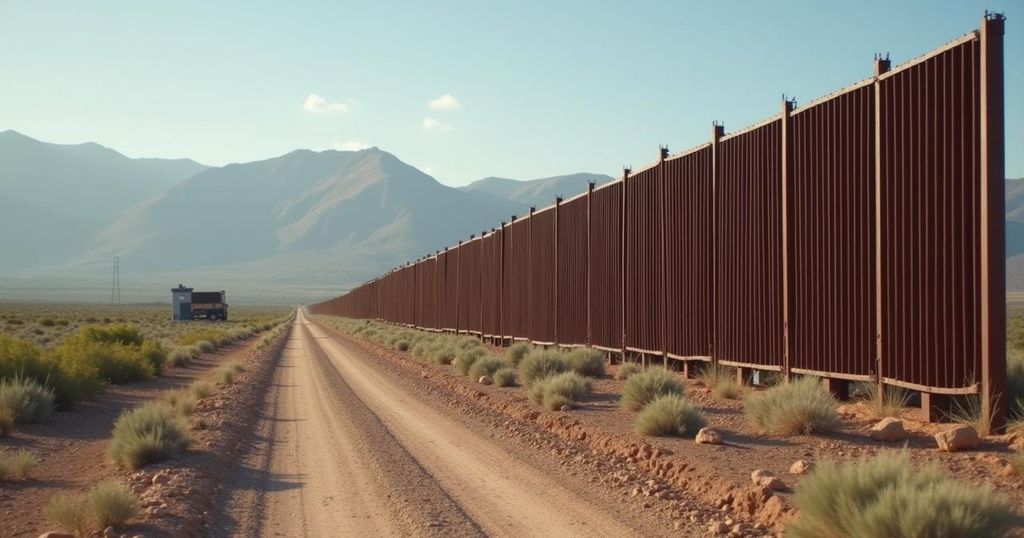Mexico’s stricter border enforcement has significantly reduced the number of migrants reaching the U.S., reflecting a tacit agreement with the Biden administration to manage migration amid upcoming elections. With fewer migrants currently making the journey, many are stranded within Mexico, facing challenges that highlight the broader implications of immigration policy on bilateral relations and electoral politics.
As the United States approaches its presidential election, migration from Mexico to the U.S. has significantly declined due to increased border enforcement measures implemented by the Mexican government. This shift in policy can be attributed to a tacit understanding made between the Biden administration and the Mexican government late last year. Analysts suggest that this cooperation is not only beneficial for avoiding chaos at the border but also economically advantageous for Mexico, as it ensures the continued flow of trade to the U.S. amidst the political ramifications of immigration on both sides. In a pivotal moment for U.S.-Mexico relations, illegal border crossings have sharply decreased from nearly 250,000 encounters in December to less than 60,000 by last month. This adjustment is particularly relevant as immigration remains a contentious issue within the Republican campaign and poses potential vulnerabilities for Vice President Harris among voters. Mexico’s new President, Claudia Sheinbaum, appears motivated to maintain control over migrant flows to prevent any adverse effects on the electoral outcome in the U.S. The conditions faced by migrants have changed drastically, with many now finding themselves confined within Mexico. Families, like the Venezuelan Sarmiento family, perform perilous journeys within the country to avoid detection while seeking passage to the U.S. border. The shift away from prior policies that allowed easier travel through Mexico now leaves many migrants trapped, facing heightened enforcement but ultimately limited pathways available for them to reach their destination.
In recent years, record levels of migration from Central America and beyond have overwhelmed border communities in the United States, prompting discussions on how best to manage the situation. Under President Biden, the U.S. sought cooperation from Mexico to stem this tide, leading to informal agreements that would see Mexico taking a more active role in controlling migrant flows. This cooperation is underpinned not only by economic interests but also by the geopolitical implications that migration holds in the context of U.S. elections. As Mexico grapples with its own economic considerations—particularly its reliance on trade with the U.S.—the actions taken regarding migration reflect a complex interplay of diplomacy and domestic politics.
The upcoming U.S. presidential election adds a layer of complexity to U.S.-Mexico relations, where migration enforcement has become intertwined with electoral politics. Mexico’s commitment to controlling migrant flows is not solely about addressing humanitarian concerns but also serves as a strategic measure to influence political outcomes in the U.S. The situation remains fluid, with ongoing enforcement policies likely to be tested as the new Mexican administration takes shape and external pressures continue to evolve.
Original Source: www.usatoday.com






